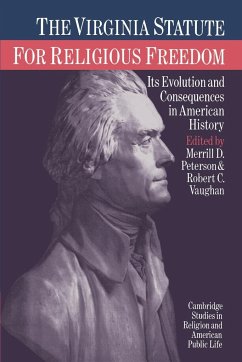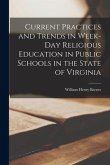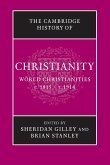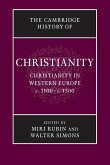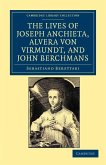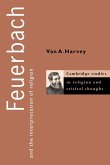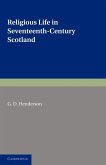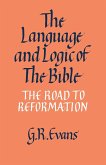This volume originates from a symposium held in 1985 at the Univeristy of Virginia.
This book colourfully examines a famous Jeffersonian document which set the precedent for the US Constitution's guarantee of religious liberty. Jefferson wrote the Virginia Statute, shepherded it through a decade-long struggle to adoption, and included it in his epitaph (along with the Declaration of Independence and the founding of the University of Virginia). The Statute's history reflects two key revolutionary principles: absolute freedom of religious conscience; and the separation of church and state. Both principles remain lively topics of debate on the contemporary religious and political scene. Papers collected here were presented at a conference sponsored by the National Endowment for the Humanities and the Virginia Foundation for the Humanities and Public Policy. Among the contributors are several of America's most prominent religious and political historians and experts on jurisprudence.
Table of content:
Editors' preface; The statute of Virginia for religious freedom; 1. The Virginia statute two hundred years later Martin E. Marty; 2. Colonial religion and liberty of conscience Edwin S. Gaustad; 3. Religious Freedom and the desacralization of politics J. G. A. Pocock; 4. The political theory of Thomas Jefferson Thomas E. Buckley, S. J.; 5. James Madison, the statute for religious freedom, and the crisis of republican convictions Lance Banning; 6. 'The rage of malice of the old serpent devil': the dissenters and the making and remaking of the Virginia statute for religious freedom Rhys Isaac; 7. 'Quota of imps' John T. Noonan, Jr; 8. Jeffersonian religious liberty and American pluralism Cushing Strout; 9. Religion and civil virtue in America: Jefferson's statute reconsidered David Little; 10. The priority of democracy to philosophy Richard Rorty; 11. Madison's 'detached memoranda': then and now Leo Pfeffer; 12. The Supreme Court and the serpentine wall A. E. Dick Howard; Index.
Hinweis: Dieser Artikel kann nur an eine deutsche Lieferadresse ausgeliefert werden.
This book colourfully examines a famous Jeffersonian document which set the precedent for the US Constitution's guarantee of religious liberty. Jefferson wrote the Virginia Statute, shepherded it through a decade-long struggle to adoption, and included it in his epitaph (along with the Declaration of Independence and the founding of the University of Virginia). The Statute's history reflects two key revolutionary principles: absolute freedom of religious conscience; and the separation of church and state. Both principles remain lively topics of debate on the contemporary religious and political scene. Papers collected here were presented at a conference sponsored by the National Endowment for the Humanities and the Virginia Foundation for the Humanities and Public Policy. Among the contributors are several of America's most prominent religious and political historians and experts on jurisprudence.
Table of content:
Editors' preface; The statute of Virginia for religious freedom; 1. The Virginia statute two hundred years later Martin E. Marty; 2. Colonial religion and liberty of conscience Edwin S. Gaustad; 3. Religious Freedom and the desacralization of politics J. G. A. Pocock; 4. The political theory of Thomas Jefferson Thomas E. Buckley, S. J.; 5. James Madison, the statute for religious freedom, and the crisis of republican convictions Lance Banning; 6. 'The rage of malice of the old serpent devil': the dissenters and the making and remaking of the Virginia statute for religious freedom Rhys Isaac; 7. 'Quota of imps' John T. Noonan, Jr; 8. Jeffersonian religious liberty and American pluralism Cushing Strout; 9. Religion and civil virtue in America: Jefferson's statute reconsidered David Little; 10. The priority of democracy to philosophy Richard Rorty; 11. Madison's 'detached memoranda': then and now Leo Pfeffer; 12. The Supreme Court and the serpentine wall A. E. Dick Howard; Index.
Hinweis: Dieser Artikel kann nur an eine deutsche Lieferadresse ausgeliefert werden.

